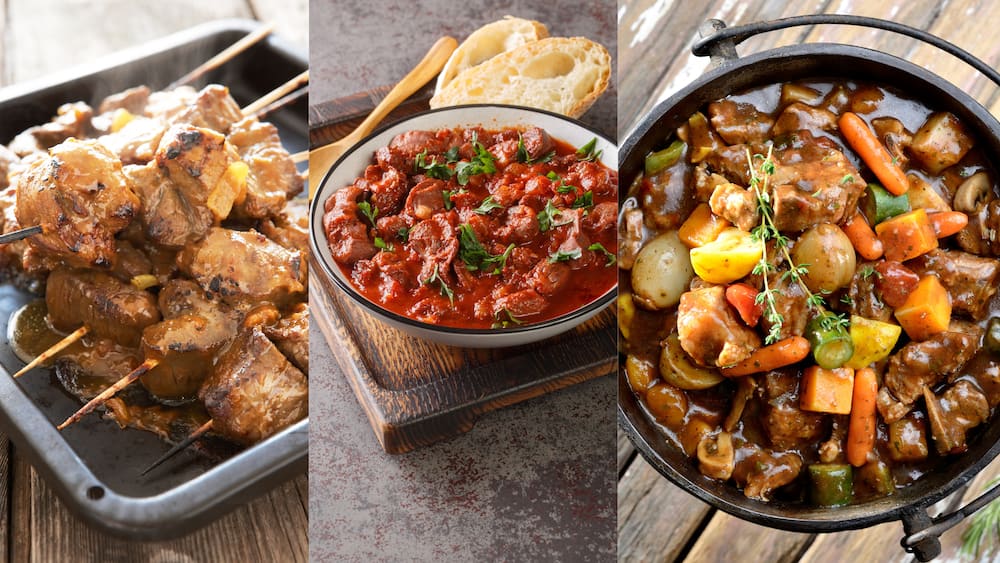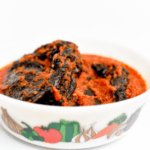African immigrants often find themselves yearning for the flavors and scents of their own countries while living in the busy cities of Canada and the USA, where cultures from all over the globe collide. They have a particular place in their hearts for the flavors that formerly pervaded their kitchens and bonded families. The pursuit of well-known African foods, however, might sometimes provide financial difficulties. The idea of financial empowerment via African cookery is applicable in this situation. Kabaia, a food processing business committed to meeting the needs of African immigrant communities, is in the fore of this goal.
Individuals and families may enjoy the tastes of their ancestry while keeping a solid and secure financial foundation by embracing the diversity of African cuisine and using cost-effective measures.
The concept of financial empowerment via African cuisine will be explored in this article as we look at how to make inexpensive meals that are nourishing to the body and the spirit. We will reveal the tricks to make African cuisine accessible and powerful for everyone, from clever ingredient substitutions to community involvement.
Get ready to embark on a culinary journey that celebrates culture, taste, and financial well-being with Kabaia as your trusted guide.
Understanding the Needs of African Immigrant Communities
African immigrant communities in Canada and the USA face unique challenges when it comes to accessing the food they are accustomed to from their home countries. Language barriers, limited availability of African grocery stores, and a lack of familiarity with local produce can make it difficult to find suitable ingredients for African recipes. This can lead to feelings of nostalgia and a longing for the flavors that remind them of home.
Moreover, financial constraints and tight budgets further compound the challenges of obtaining affordable and authentic African meals. Many African immigrants come from countries where communal cooking and sharing resources are common practices. However, in a new country, these traditions may not be as prevalent, making it harder to replicate the cost-saving and community-building aspects of African cooking.
Recognizing and addressing these needs is crucial for providing support and financial empowerment to African immigrant communities. By understanding their desire for affordable, culturally significant meals and creating avenues for accessing traditional ingredients, we can help bridge the gap between their culinary heritage and their new lives in Canada and the USA.
Financial Empowerment through African Cooking
1. Embracing Local Produce
While it may be challenging to find some traditional African ingredients, it is possible to create delicious meals by embracing locally available produce. By substituting certain ingredients with local alternatives, you can reduce costs while still capturing the essence of African flavors. For example, collard greens can be used as a substitute for spinach in dishes such as Egusi soup or Efo riro.
2. Meal Planning and Budgeting
Effective meal planning is one of the most important parts of gaining financial empowerment and control over one’s financial situation. Cooking in an African style lends itself well to batch preparation, which enables you to make bigger amounts of food at once so that you may store it in the freezer for later use. You may save money on overall costs and take advantage of discounts by purchasing components in bulk at the same time. Making a weekly meal plan and shopping list may assist you in sticking to your financial plan and reducing the amount of food that is wasted.
3. Shop Smart
When shopping for African ingredients, it is essential to compare prices and explore different grocery stores. Look out for sales, discounts, and promotions that can significantly lower your grocery bill and help boosting financial savings. Additionally, consider joining community-supported agriculture programs or farmers’ markets, where you can often find fresh produce at reasonable prices.
4. Cooking in Community
One of the beautiful aspects of African cooking is its communal nature. Organize cooking clubs or potluck gatherings with fellow African immigrants to share the cost of ingredients and cooking responsibilities. It also help communities financial empowerment. This fosters a sense of community and enables everyone to enjoy a wider variety of dishes without breaking the bank.
Budget-Friendly Meal Deals: Examples and Recipes


1. Jollof Rice
Jollof Rice is a popular West African dish known for its rich flavors. By using affordable ingredients such as rice, canned tomatoes, onions, and spices, you can create a satisfying and budget-friendly meal. Consider adding inexpensive protein sources like chicken thighs or beans to make it more filling.
2. Moin Moin
Moin Moin, a Nigerian steamed bean cake, is not only delicious but also economical. Made with beans, onions, peppers, and spices, this dish can be a nutritious and affordable option and help financial empowerment. Serve it with inexpensive sides like fried plantains or boiled yams for a complete meal.
3. Groundnut Soup
Groundnut soup, also known as peanut soup, is a popular West African delicacy. Combining affordable ingredients like peanuts, tomatoes, onions, and local vegetables, this dish offers a balance of flavors and can be served with inexpensive staples like fufu or rice.
Conclusion
Financial empowerment through African cooking is an excellent way for African immigrant communities in Canada and the USA to stay connected to their culinary heritage while also managing their budgets effectively. By embracing local produce, practicing meal planning and budgeting, shopping smartly, and cooking in community, individuals and families can enjoy delicious and affordable African meals. By promoting the availability of traditional ingredients through platforms like Kabaia, the food processing company, we can ensure that African cooking remains accessible to all, fostering a stronger sense of cultural identity and community within the diaspora.




